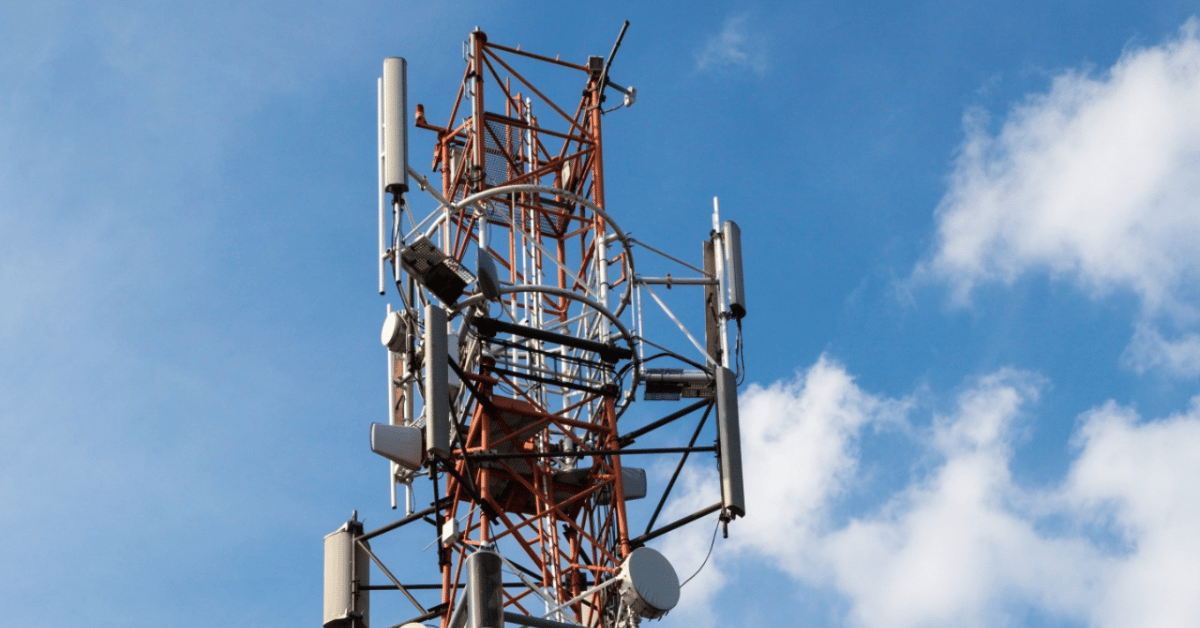Authorities warned that failure to reverify numbers will result in immediate disconnection of numbers and blocking of handsets
The mobile numbers were being misused to send fraudulent SMSes and WhatsApp messages to gain control over victims’ devices
Last month, DoT blocked 200 mobile handsets for their alleged use in nationwide cybercriminal activities related to OTP and digital scams
Cracking its whip on the growing number of cases of KYC update scam pertaining to electricity connection, the Department of Telecommunications (DoT) has blocked 392 mobile handsets and issued directions for reverification of 31,740 mobile numbers linked to these phones.
As per the department, the mobile numbers were being misused by scammers to send fraudulent SMSes and WhatsApp messages containing electricity KYC updates and malicious APK files to gain control of victims’ devices.
“The DoT has directed all telecom service providers (TSPs) for pan-India IMEI-based blocking of 392 mobile handsets misused in cybercrime, financial frauds. It also directed them for reverification of 31,740 mobile connections linked to these mobile handsets,” the DoT said in a statement.
It said that failure in reverification will result in “immediate disconnection of reported numbers and blocking of associated handsets”.
In many instances, these mobile numbers were being misused by scamsters to perpetuate cybercrimes and financial frauds by sending out SMSes of electricity bill pay reminders while posing as providers like BSES.
The DoT took the action after users reported the suspected fraud communications via the ‘Chakshu Report Suspected Fraud’ facility on the department’s ‘Sanchar Saathi’ portal. After receiving multiple complaints of such scams, the department relied on the AI-driven analysis derived from its Chakshu portal to identify the numbers involved.
The portal acts as a feed for registering citizen reports of suspected fraud communication received with intention of defrauding the public in the guise of KYC expiry or update of bank account, impersonation, disconnection of mobile numbers, among other malefic activities.
The latest crackdown comes a month after the DoT blocked 200 mobile handsets for their alleged use in nationwide cybercriminal activities related to OTP and digital scams.
This is in line with the Centre’s ongoing crackdown on online scams. In December last year, the erstwhile Minister of Communications Devusinh Chauhan said that the Indian government had pulled the plug on 5.5 Mn phone numbers obtained using false documents.
The government has cracked the whip at a time when cyber attacks continue to rise in numbers, threatening the Indian digital ecosystem. According to a report by Indusface, cyberattacks grew 261% year-on-year (YoY) in the first quarter of 2024 on account of hackers increasingly targeting less regulated industries.
Not just the general public, startups too have fallen prey to such scams. In September last year, a fraudulent scratch card scheme run by miscreants in the name of ‘AJIO’ saw Delhi High Court directing the Delhi Police Cyber Cell to launch an investigation into the matter.
Besides, the government has also sought help from the startup ecosystem on the issue. In June 2023, a parliamentary panel quizzed executives of Razorpay, PhonePe, CRED, QNu Labs, among others, to better understand the issue of ‘cyber security and rising incidence of cyber/white collar crimes.
The panel sought views of attendees on various trends in the field of cyber security and measures that could be taken to address related issues.
On top of this, the DoT also launched a ‘Digital Intelligence Platform’ (DIP) recently for real-time intelligence sharing, information exchange and coordination among telcos, law enforcement agencies, banks, social media platforms and other stakeholders.
Disclaimer
We strive to uphold the highest ethical standards in all of our reporting and coverage. We StartupNews.fyi want to be transparent with our readers about any potential conflicts of interest that may arise in our work. It’s possible that some of the investors we feature may have connections to other businesses, including competitors or companies we write about. However, we want to assure our readers that this will not have any impact on the integrity or impartiality of our reporting. We are committed to delivering accurate, unbiased news and information to our audience, and we will continue to uphold our ethics and principles in all of our work. Thank you for your trust and support.



![[CITYPNG.COM]White Google Play PlayStore Logo – 1500×1500](https://startupnews.fyi/wp-content/uploads/2025/08/CITYPNG.COMWhite-Google-Play-PlayStore-Logo-1500x1500-1-630x630.png)